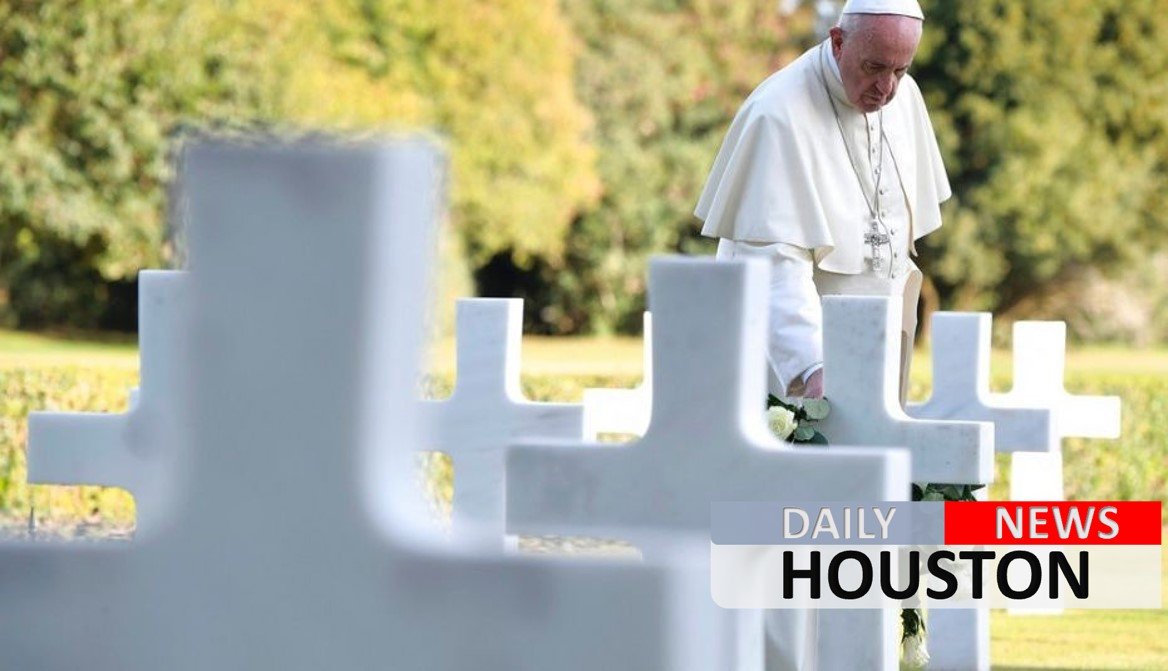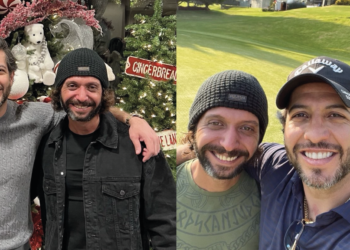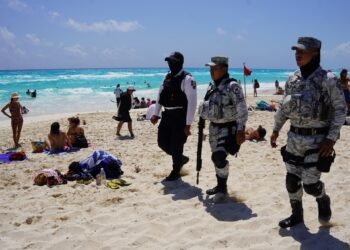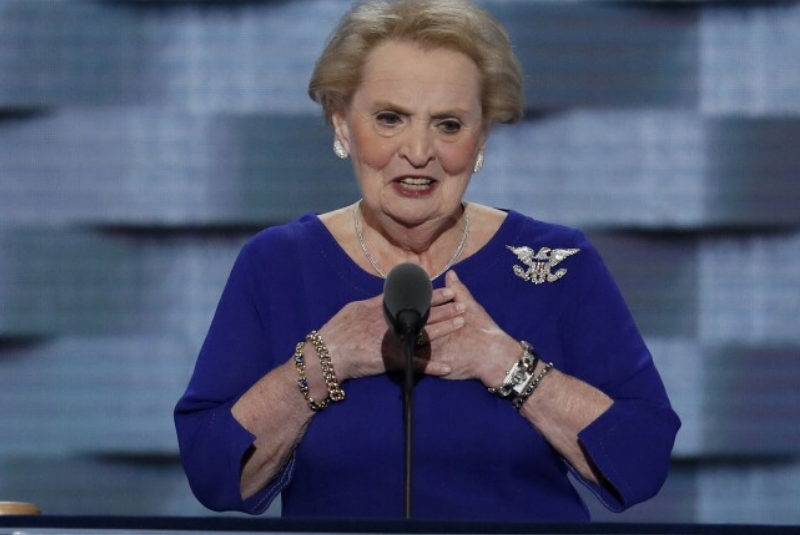In an emotional appeal on Thursday, a teary-eyed Pope Francis pleaded for world peace.
“Please Lord, stop. No more wars. No more of these useless massacres,” the pope said at the Sicily-Rome American Cemetery in Nettuno, Italy, south of Rome.
The mass was a celebration of All Souls Day, when Italians honor their dead. The pontiff said the venue, a cemetery, was a fitting place for an anti-war speech.
“Wars produce nothing more than cemeteries and death,” Pope Francis said. “Humanity seems to have not learned that lesson, or doesn’t want to.”
The cemetery is set on 77 pristine, rolling green acres. The graves of 7,860 American soldiers killed in World War II are buried there. They are marked by white crosses or Stars of David. The marble walls of the chapel are inscribed with the names of 3,095 soldiers missing in action.
These are the men and women who made the ultimate sacrifice, never made it home, even in death, and are far from relatives who might want to make regular visits, to leave flowers or thoughts. Pope Francis placed white roses on some of the headstones on Thursday.
He also starkly told the solemn crowd: “The world is once more at war and is preparing to go even more forcefully into war.”
Sixteen women lay buried in the Sicily-Rome American Cemetery. And 30 pairs of brothers were laid to rest at there. Twenty-one of those pairs were buried together.
Most of the fallen soldiers were killed in the liberation of Sicily in 1943 and the landings in Salerno and Anzio Beach. Thus began the end—the toppling of Mussolini and the expulsion of the Nazis in Italy. This weakened Hitler’s grip in Europe.
Italians have largely been grateful to the Americans for liberating them from the Nazis. History, however, erodes those memories of what it meant, and what it was like in Italy during the war.
Duquesne University has a program in Rome to keep the fallen alive in the hearts and minds of both American students and their Roman counterparts.
It’s called “Be the Difference” and it’s broadly meant to encourage young people to take action. It allows them to reflect on the value of sacrifice, and not take for granted the freedoms we are accustomed to.
The students are given the names of individual soldiers buried in the Sicily-Rome American Cemetery, and asked to research their short lives. The students then visit the cemetery to pay honor and respect, singing anthems and reciting letters they have written to the souls who sacrificed their lives so others could be free.
One Italian student wrote a letter to a soldier she researched.
“I thank you for your service and your courage in sacrificing your life for our country. During our research we discovered that you did not have a family. In this case our duty is even more essential because every soul deserves at least one person who dedicates a thought, an idea or a prayer just for them,” she wrote to the fallen soldier. “I don’t know how much this gesture could be wanted or appreciated by you, but in a very simple and humble way, I want to offer you this letter. I send you thoughts and a prayer, hoping your soul has found peace.”
American students said they were humbled by the experience, too, and it made them feel more proud to be American. They said it was an honor to get to know the soldiers.
Pope Francis asked the thousands gathered at the cemetery on All Souls day to not forget the tears of the mothers and wives who lost husbands and sons in past wars.









